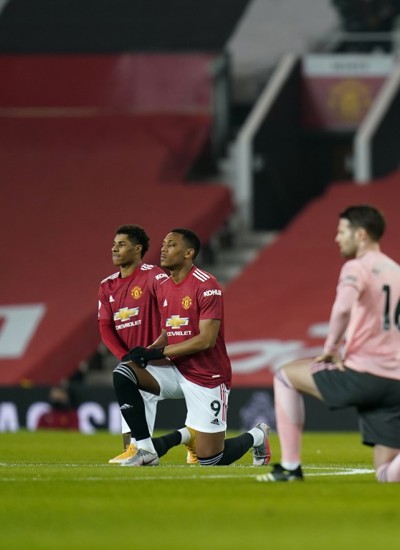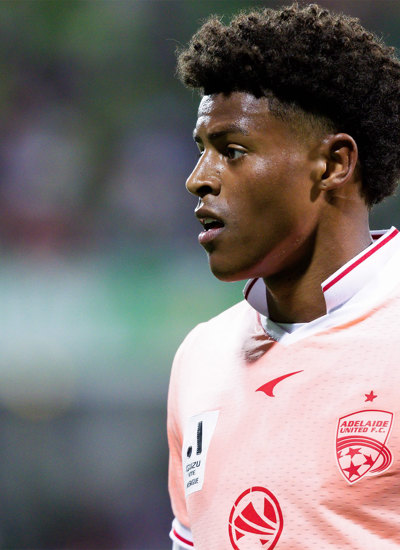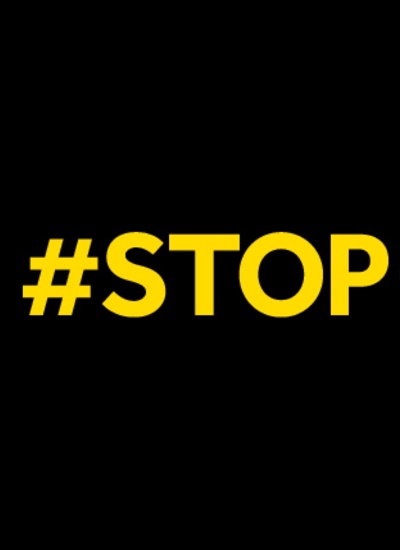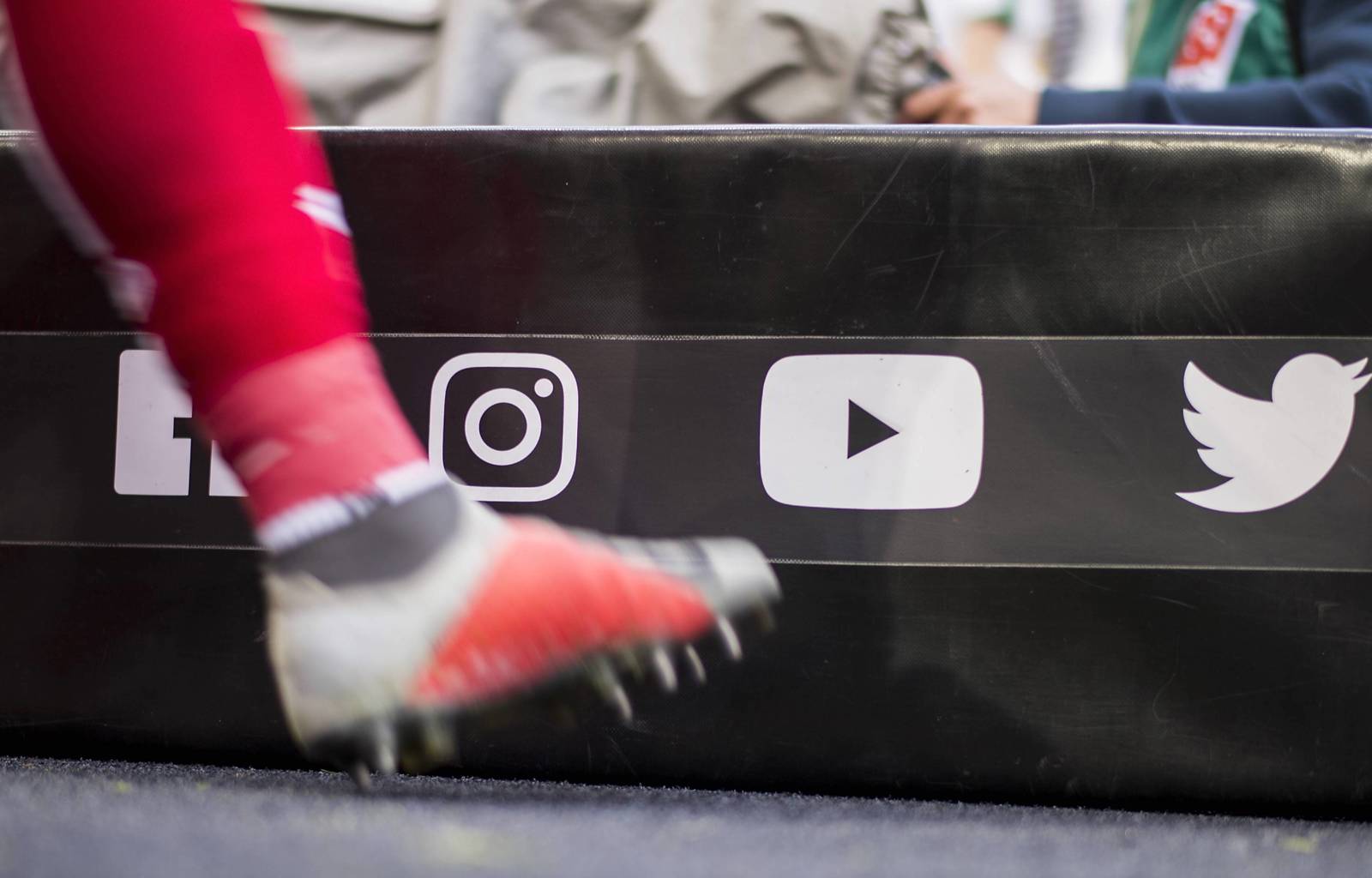
Football Players Worldwide (FIFPRO), the National Basketball Players Association (NBPA), and the Women’s National Basketball Players Association (WNBPA) today release the first international study looking at the nature and level of online abuse directed at professional athletes in multiple sports.
The study, which uses Artificial Intelligence (AI) to track social media accounts, was commissioned by the three player associations in order to better understand the frequency and types of online abuse their members face. The collaboration represents a commitment to find common ground and synergies between the unions and athletes of the two biggest global team sports, and act together to counter the abuse.
Decoding Online Abuse of Players 2022
The report exposes a significant threat to the mental health and well-being of today’s top athletes. It raises important questions about their workplace and what can be done to ensure they enjoy adequate protection as workers.
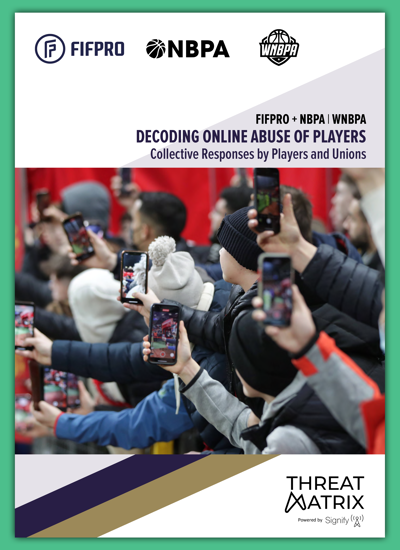
Players at Risk: Key Findings and Report Summary
Top athletes around the world have a higher profile than ever, and many play an important role not only in their sport but in society. By using their social media platforms to raise awareness in the causes they believe in, they drive positive social change in communities. Nevertheless, whilst high visibility is seen by some as “part of the job”, the heightened scrutiny and increased connectivity also carries threats for their mental health and well-being.
The report exposes the extent of online abuse towards players: its frequency, volume and the dangers it presents.
The study detected 1,558 targeted abusive posts sent from 1,455 unique accounts across selected sports and competitions from July to September 2021, and retrieved historical data from May and June 2021. The findings include 648 abusive tweets directed at men’s basketball players, 427 abusive tweets directed at men’s football players, 398 abusive tweets directed at women’s football players, and 85 abusive tweets directed at women’s basketball players.
Racism and homophobia accounted for the overwhelming majority of verified targeted abuse towards men’s football players (in 85% of cases) and basketball players (74% of cases). Four out of five instances of abuse directed at women’s basketball players included sexually explicit or harassment messages.
The report identifies systemic trends that harm athletes and recommends collective action to protect those at the heart of the game.
- Players in different sports have similar risk profiles and suffer horrific work-related online abuse impacting mental well-being, lifestyle and performance.
- Online abuse follows similar patterns across sports and jurisdictions.
- Abuse creates an environment in which the personalities of players come under sustained attack, forcing them to hide or withdraw from who they are and want to be.
- Whilst there are means to protect players against online abuse, safety measures are often not sufficiently implemented.

Joint Commitments and Actions
The rapid integration of virtual spaces, designed to bring people together, make athletes vulnerable to those who want to spread hate, anger and prejudice.
It is the duty of unions to protect players, ensure their safety and support their desire for action. FIFPRO, the NBPA and the WNBPA are committed to delivering capacity-building initiatives that educate players about online abuse and drawing on existing and new mental-health programs to protect the vulnerabilities of players.
While taking on these responsibilities, FIFPRO, the NBPA and the WNBPA believe that collaborative and coordinated industrial action is required amongst online platforms, governments, teams and competition organizers to protect players against online abuse.
As societies face more polarization and fragmentation, we all have an institutional responsibility to work together to create a more inclusive, open and kinder environment, driving initiatives that foster a positive and respectful culture.
“The study shows us that when athletes share and embrace who they, and engage in causes they care deeply about, they become a target for online abuse -- this is both outrageous and heartbreaking,” FIFPRO General Secretary Jonas Baer-Hoffmann said. “It’s our job as unions to help protect football and basketball players by offering them mental-health support. We must also impress on social media companies and institutions their collective responsibility to join us in safeguarding players and promoting an online community that fosters inclusion and respect.”
“We came together to conduct this study because all three of our organizations exist to protect, support and amplify our players,” said Tamika Tremaglio, Executive Director of the NBPA. “As players’ unions, we know that our players are regularly subjected to online and social media abuse, but the impact of seeing the results from this study was extremely alarming and disheartening. Our collective goal is to use these findings as a starting point for the entire sports industry to do more to increase the level of protection for our athletes and in general, promote a kinder, more empathetic and respectful society.”
“This report highlights that players were targeted as they changed teams, because of club rivalries, on-field issues, or perceptions of their character,” said David Aganzo, President of FIFPRO. “It is deeply concerning that there are so many triggers for this abuse. We cannot stand by and allow players to face a barrage of discrimination just because they are in the spotlight. We must seek better cooperation amongst all the sports industry stakeholders to better protect the athletes at the heart of the game.”
"What I hope comes out of this report is a heightened sense of responsibility across all social media platforms,” said Terri Carmichael Jackson, Executive Director, WNBPA. “And I want to have honest conversations with potential new partners to help them understand that an athlete’s social media engagement may not be the determinable or relevant factor when considering her for marketing opportunities.”
